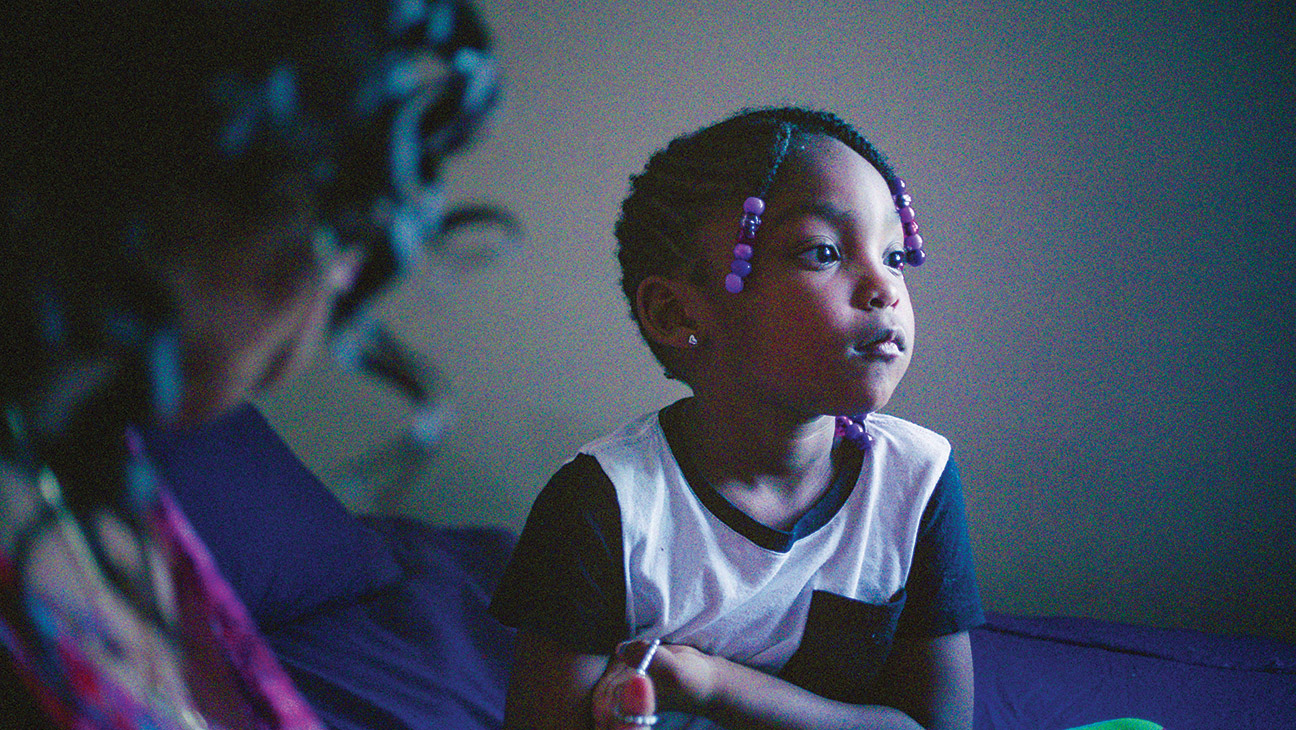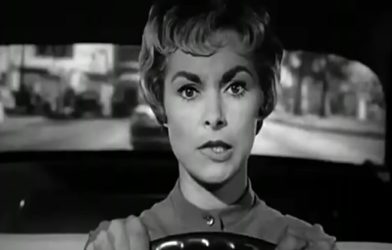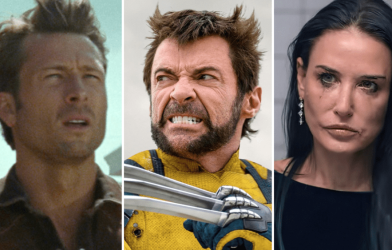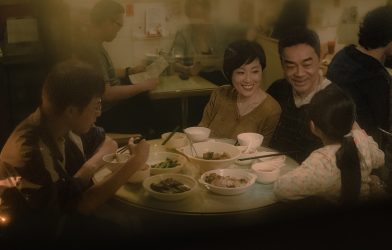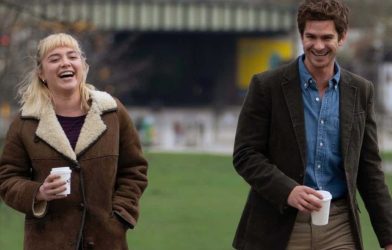Angela Patton and Natalie Rae’s first documentary started with a Ted Talk. In 2013, Patton, who runs the organization Girls for a Change, gave a viral speech about a program she launched called Date With Dad, in which daughters and their incarcerated fathers are allowed to spend an evening together at a dance. Rae found herself moved by the story and cold-emailed Patton. “I reached out and said, ‘This would be so amazing as a documentary,’ and she wrote back and said there were quite a few people interested. I was like, ‘Oh, of course. I need to get in line.’ But I decided to just put my vision forward to her and see what happens.”
That vision resulted in the documentary Daughters, which follows the fathers as they embark on a 10-week coaching program leading up to the dance, and the daughters as they navigate life on the outside without their dads. Daughters (streaming now on Netflix) has been nominated for a Shine Global Resilience Award. The ceremony, which recognizes filmmakers who highlight the strength of children in the face of adversity, is being held Oct. 15 on the Paramount lot. The Hollywood Reporter spoke to the doc’s directors about its outsized impact.
What were the biggest hurdles in filming this documentary?
NATALIE RAE It took a few years for a jail to let us film the dance. And keeping up with the families through all the years took a lot of planning. Everyone wants to be involved, but things happen to people that make it logistically hard to stay in touch — families can’t afford a phone for a while, things like that.
ANGELA PATTON I think it’s good for people to understand what the issue is in access to the jails. Sheriffs and wardens get to choose which types of programs they allow in their facilities, so it’s all about building relationships with them. It’s asking them to buy into a program that can reduce their recidivism. It’s asking them to trust us, and to believe in a project, and also to commit to some type of aftercare when we are no longer there.
Did the documentary subjects take a lot of convincing to be in the film?
RAE Some of the moms were really interested, some of them are participating because their daughters want to, and some are like, “Why would we do this? If I send my daughter to this dance, how is she going to feel when she has to come home [without her father]?” But Angela does a lot of work explaining how impactful it can be for the daughters.
PATTON That sisterhood support is so invaluable. We’re asking these mothers to do something that is extremely hard. We’ve also learned, after many years, when to accept that not all of the girls are going to participate. We have to hear the mother, respect what she had decided, and be wishful in our thinking that they will make it through in whichever way they choose to heal.

Several of the fathers in Patton and Rae’s documentary try on ties ahead of the Date With Dad dance.
Courtesy of Netflix
In the documentary, the wardens witness the positive effect of holding the dance in the jail — and then afterward, dads are still beholden to really strict rules about visitation or phone calls. What is that disconnect?
PATTON Well, the wardens don’t have power beyond what the law says, right? I think of all the people who have been upset about this Black man’s life being taken in Missouri [Marcellus Williams]. Well, y’all need to vote different. Your social media posts won’t do anything about the laws in place. Our attempt to change policy needs to trickle into communities; people see this film, they can start to come together and fight the power that is disconnecting families.
Several of the documentary subjects are still incarcerated. Have they had a chance to watch?
PATTON They do not have permission. Based on what the families have shared, they are aware that it is out and that people are moved by the story. But until I’m able to speak to them, I cannot speak for them.
RAE Keith [who is incarcerated] called me and said that he heard it was “the best documentary ever made.” He said, “My family and friends are blown away, and I feel grateful to be part of it.” But it’s hard. It’s making him feel, even more urgently, that he needs to come home and be with his daughter.
PATTON We are hopeful that our impact campaign can get the film into facilities. We are going to the inaugural San Quentin Film Festival [Oct. 10-11], and hopefully that will inspire other prisons to use films as a way to encourage people who are incarcerated. We want the people in this movie to see their movie, and to have it put a smile on their face.
This story appeared in the Oct. 9 issue of The Hollywood Reporter magazine. Click here to subscribe.

